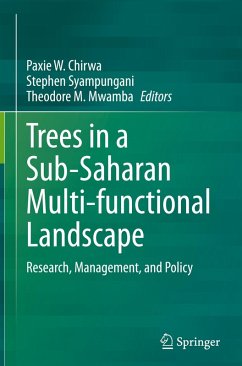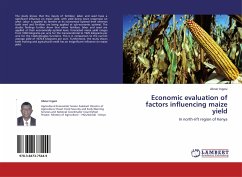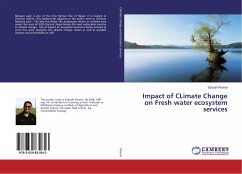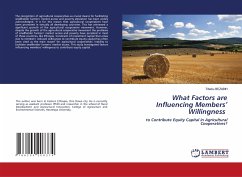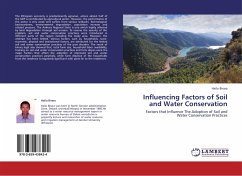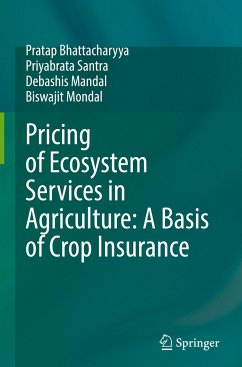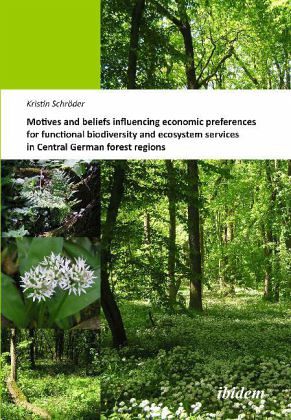
Motives and beliefs influencing economic preferences for functional biodiversity and ecosystem services in Central Germa
Versandkostenfrei!
Versandfertig in 6-10 Tagen
39,90 €
inkl. MwSt.

PAYBACK Punkte
0 °P sammeln!
For several ecosystem services, in-depth economic valuation studies already exist. However, preferences for ecosystem insurance services have rarely been investigated so far. This is especially the case for one of the most important functional aspects of biodiversity: Its potential capacity to safeguard the long-term functioning of fundamental ecosystem processes in the face of potential future environmental risks which we are not aware of yet. Previous research has shown that quantifying economic preferences for protection against known and also unknown environmental risks is possible. This t...
For several ecosystem services, in-depth economic valuation studies already exist. However, preferences for ecosystem insurance services have rarely been investigated so far. This is especially the case for one of the most important functional aspects of biodiversity: Its potential capacity to safeguard the long-term functioning of fundamental ecosystem processes in the face of potential future environmental risks which we are not aware of yet. Previous research has shown that quantifying economic preferences for protection against known and also unknown environmental risks is possible. This thesis is based on these previous findings.
Kristin Schröder investigates the determinants of human behavior in the face of environmental risks, i.e. the values, beliefs, and norms underlying risk-related behavior. For this purpose, Schröder conducted a postal survey in ten counties in Central Germany in the fall of 2009 (Hannover, Hildesheim, Holzminden, Northeim and Göttingen [Lower Saxony] as well as Eichsfeld, Unstrut-Hainich-Kreis, Gotha, Sömmerda and Erfurt [Thuringia]). The respective Willingness to Pay (WTP) for several ecosystem insurance services was elicited using the Choice Experiment Method. Furthermore, the values, beliefs, and norms under-lying the respondents' WTP were analyzed via structural equation modeling.
In applied terms, the results of Schröder's study suggest a firm conservation focus on maintaining and fostering forest resistance and resilience against envi-ronmental risks.
Kristin Schröder investigates the determinants of human behavior in the face of environmental risks, i.e. the values, beliefs, and norms underlying risk-related behavior. For this purpose, Schröder conducted a postal survey in ten counties in Central Germany in the fall of 2009 (Hannover, Hildesheim, Holzminden, Northeim and Göttingen [Lower Saxony] as well as Eichsfeld, Unstrut-Hainich-Kreis, Gotha, Sömmerda and Erfurt [Thuringia]). The respective Willingness to Pay (WTP) for several ecosystem insurance services was elicited using the Choice Experiment Method. Furthermore, the values, beliefs, and norms under-lying the respondents' WTP were analyzed via structural equation modeling.
In applied terms, the results of Schröder's study suggest a firm conservation focus on maintaining and fostering forest resistance and resilience against envi-ronmental risks.



